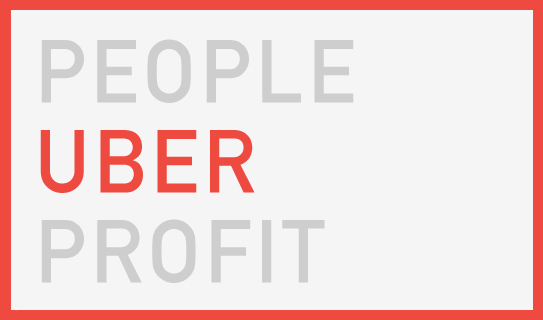Tag Archives: Brand Growth
How To Avoid Your Uber Brand Mishap
Ride-hailing app Uber had a rough couple of months, to say the least.
I for one have been an über Uber brand advocate from day one and have had a lot of defensive conversations (with cab drivers, my parents, and other naysayers alike) on behalf of the brand I so loved.
Loved, because there is love no more.

The other week, as I was on a flight to Austin to hold one of my many Resonaid brand foundation workshops with a startup, I was contacted by the Los Angeles Times on my thoughts about Uber’s brand troubles. I conducted the interview from the plane, which made me feel uber-productive (and quite special, I must admit), and was greeted by the following ginormous quote in the LA Times later that very same day:
One thing leads to the next and I was interviewed by Canadian TV station CBC the day upon my arrival back in L.A. on the same topic (you can read that story here). Now that I am rather well-versed on the subject of Uber brand bashing (*sigh*), I want us all to understand the one fundamental key branding lesson from their mishap so your startup can avoid following Uber’s path:
Uber came in to disrupt a commodity and monopoly service, the cab industry. Today it may be taking their place and share the same fate with the very companies that used to be the enemy. By focusing solely on the next round of funding and speedy economic growth, the company seems to have left behind what matters the most, what literally drives their business: People.
First, the people who actually make Uber a functional business model, its drivers. Continuously lowering of wages and surpassing employee laws turned into a burden for the early Uber drivers, the ones that actually loved the brand the most, as they are now being forced to leave Uber or work hours that may seem unsafe for drivers and passengers alike.
The effect this has on passengers has been noticeable over the past 6 months: The brand experience of a cool, novel, inexpensive service in nice cars with fun and educated young drivers that cared about making your ride enjoyable changed completely. Today, the only brand attribute left is ‘cheap’ and the Uber brand took a massive hit because of greed and a one-track mind that left the life force of a functioning company behind.
New ride-hailing services that care about more than simply profit (ranging from a company offering female drivers for female riders – to a nonprofit that pays its drivers well) will gain momentum quickly as the Uber brand perception is changing with scandals continuing to hit the mainstream press.
Uber may be getting disrupted by empathy.
The key takeaway for your startup is to never sway away too far from the one key brand rule Uber broke by their single-minded product rather than brand focus:
People first and profit will follow.




